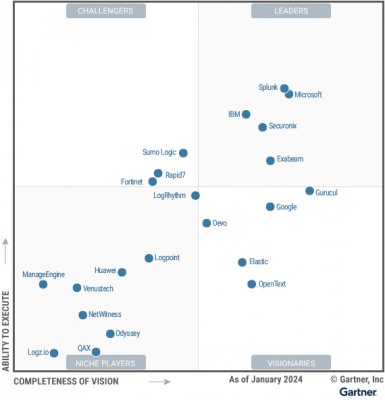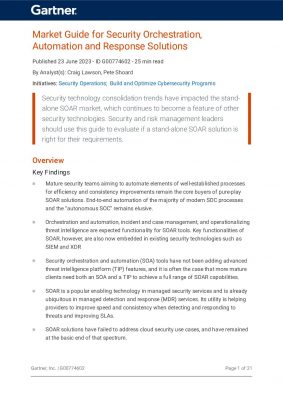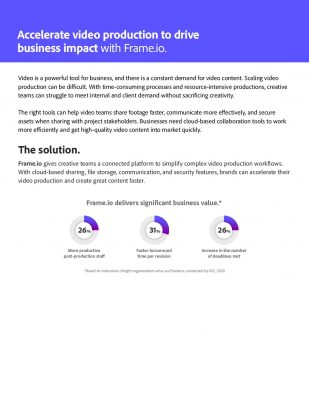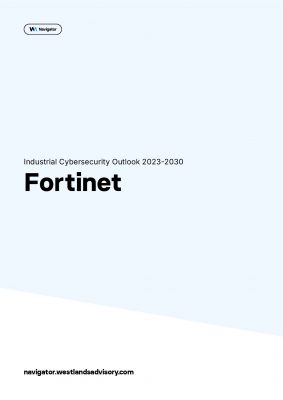Highlights:
- Aruba targets manufacturing, healthcare, venues, and education for complex connectivity in vast, remote areas.
- HPE’s strategy broadens AI data capture and delivery, making it easier to establish AI data lakes and deploy inference solutions.
Recently, Hewlett Packard Enterprise (HPE) Co. launched HPE Aruba Networking Enterprise Private 5G, aimed at helping customers accelerate and simplify the setup and administration of private 5G networks.
The company announced that its new solution will provide dependable wireless connectivity throughout enterprises, enabling unprecedented applications. I had the privilege of participating in a pre-briefing session with several HPE executives, including Stuart Strickland, HPE Fellow and Chief Technology Officer for Wireless, and Gayle Levin, the Lead for Product Marketing.
Strickland mentioned to me that while there was interest across various use cases that could benefit from private cellular networks, he observed that many companies required assistance. As a result, HPE decided to reassess its approach.
Aruba Networking now provides an enhanced secure edge-to-cloud solution, making it the sole network vendor to offer unified Wi-Fi and private 5G solutions.
Aruba intends to cater to industries such as manufacturing, healthcare, public venues, and education by tackling intricate connectivity obstacles across vast and distant sites.
Typical and Emerging Use Cases
Strickland noted that HPE identifies various typical applications, such as autonomous vehicle inspection, fleet management, logistics optimization, and digital energy and employee safety. Additionally, there are emerging scenarios like mission-critical communications, often seen in healthcare environments, back-of-house operations in arenas, and full-campus coverage.
HPE’s strategy also broadens AI data capture and delivery capabilities, enabling the establishment of AI data lakes and the deployment of inference solutions.
Assisting Communication Service Providers (CSPs)
HPE is empowering cloud service providers to implement private 5G networks swiftly. This solution supplements current Wi-Fi-based managed services, enabling telecom customers to tap into the growing private cellular market and generate additional revenue from their existing enterprise clientele.
Key points of the recent announcement comprise:
- Incorporation of a 4G/5G core, HPE ProLiant Gen11 servers, SIM/eSIM cards, 4G/5G small cells, and a management dashboard.
- Deployment of 4G/5G small cell radios providing indoor and outdoor coverage, eliminating the necessity for separate or third-party management tools.
- Simplified cloud-native management and automation for subscriber, deployment, core, and radio monitoring.s
- Enhanced AI data capture and delivery capabilities to establish AI data lakes and activate inference solutions.
- Zero-touch deployment within a timeframe of fewer than 30 minutes.
Closing Considerations
HPE’s recent announcement comes after it acquired Athonet, an Italian-based private cellular technology provider. It’s commendable to witness HPE effectively leveraging its acquired technology. The company seems to be progressing in the correct direction by offering private cellular solutions that are managed and operate similarly to Wi-Fi. With Aruba being part of the company since 2015 and the more recent addition of Athonet, announced about a year ago and finalized late last year, HPE is making strategic advancements.












































































